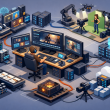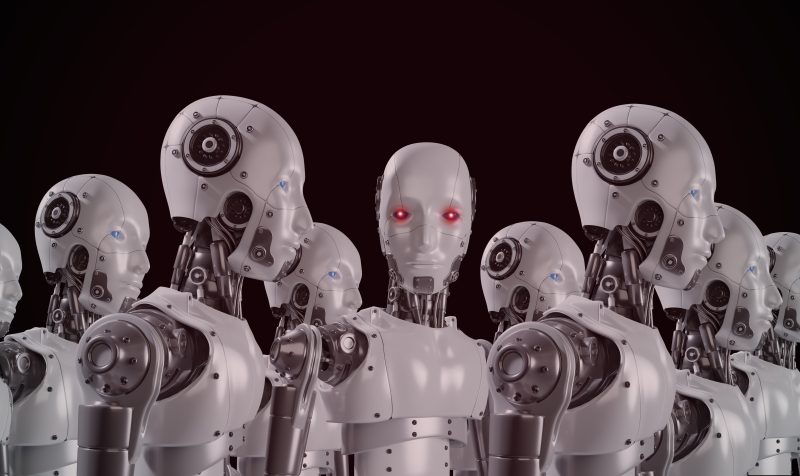Table of Contents Show
AI has revolutionised healthcare, education, finance, and entertainment. AI has many benefits, but if left unchecked, it might have serious consequences. This article discusses AI’s main threats and their social effects.
Privacy and Security Loss
Privacy and security breaches are AI’s biggest threats. Concerns over data usage and access are growing as AI systems become better at collecting and analysing it. Without strict regulation and cybersecurity, sensitive data might be abused or stolen, resulting in privacy breaches and identity theft.
Job Loss
AI may displace workers. Many occupations, especially repetitive ones, are at danger as AI systems improve. AI will undoubtedly provide new professions in domains like AI ethics, data analytics, and robot monitoring, but individuals displaced from conventional occupations may not have the skills for these jobs, increasing unemployment and social inequality.
Decision Bias
If taught on biassed data, AI systems may unintentionally reinforce human prejudices. These biases influence hiring, lending, and criminal justice decisions. If the training data is biassed, a hiring AI algorithm may prejudice against specific groups.
AI reliance
As AI gets increasingly embedded into our lives, we risk overdependence. Overusing AI for decision-making might impair critical thinking and problem-solving.
No Transparency
Another issue is AI’s “black box” dilemma. Deep learning algorithms may make complicated judgements that people can’t grasp. Lack of openness might make it hard to understand why a choice was taken, causing accountability and trust concerns.
Existential Risk
Elon Musk and Stephen Hawking have warned about the grave threat of superintelligent AI. AI might surpass human intellect, causing humans to lose control over superintelligent computers.
Ethical, regulatory, and transparent AI development is essential to reduce these threats. To properly develop and deploy AI that upholds human rights and social values, industry players, government, and society must communicate.
In conclusion, AI is a powerful instrument for social progress, but understanding its complex pitfalls is crucial. We can use AI to create a secure, inclusive, and egalitarian future by identifying and tackling these threats.









